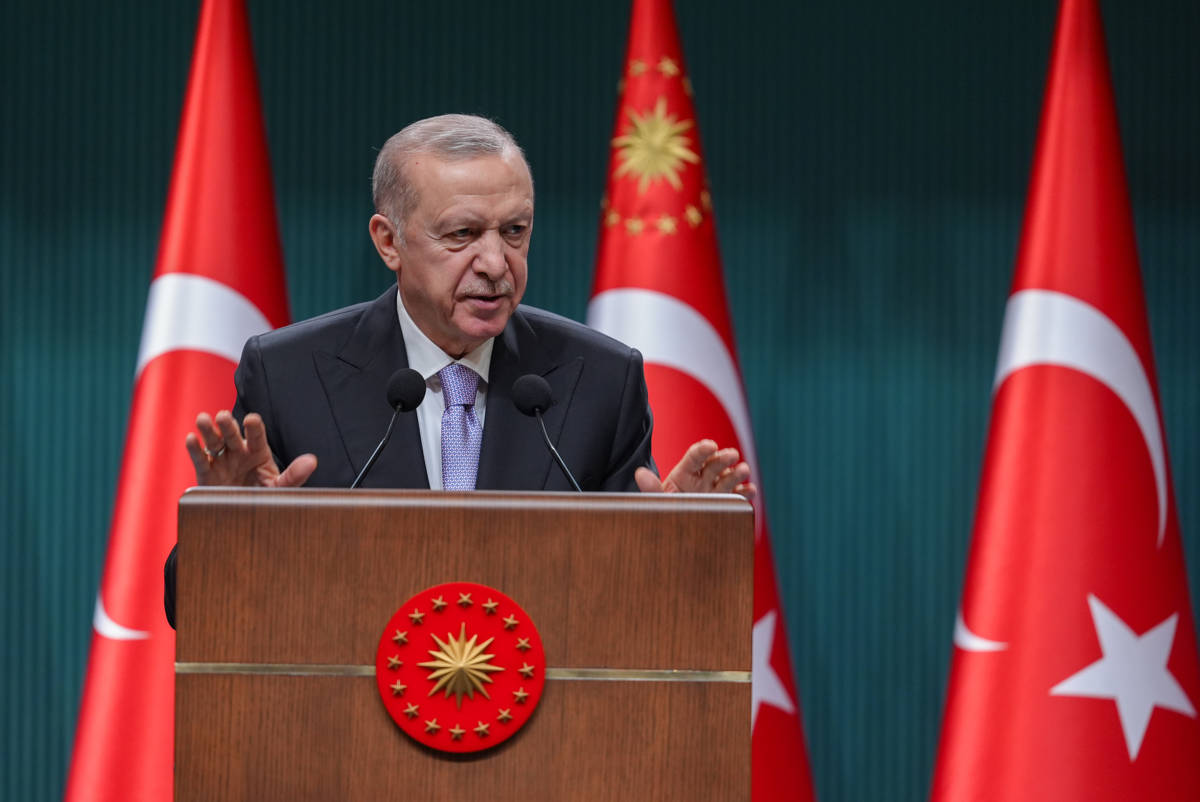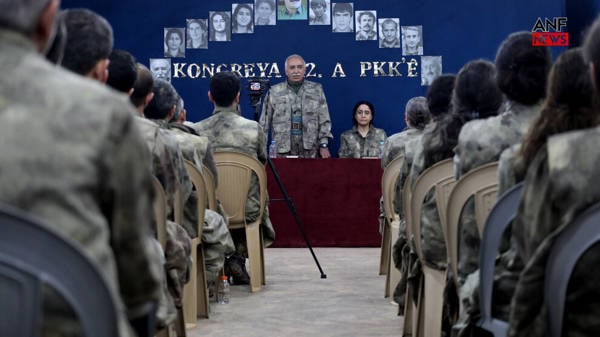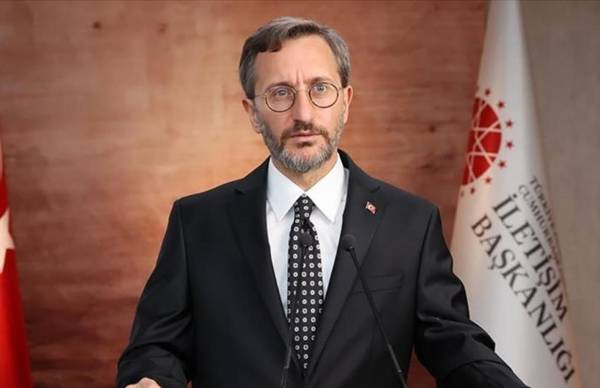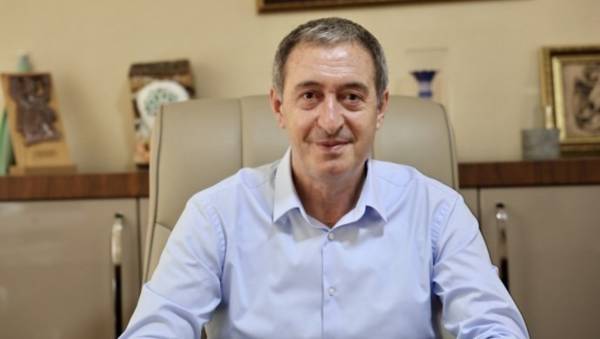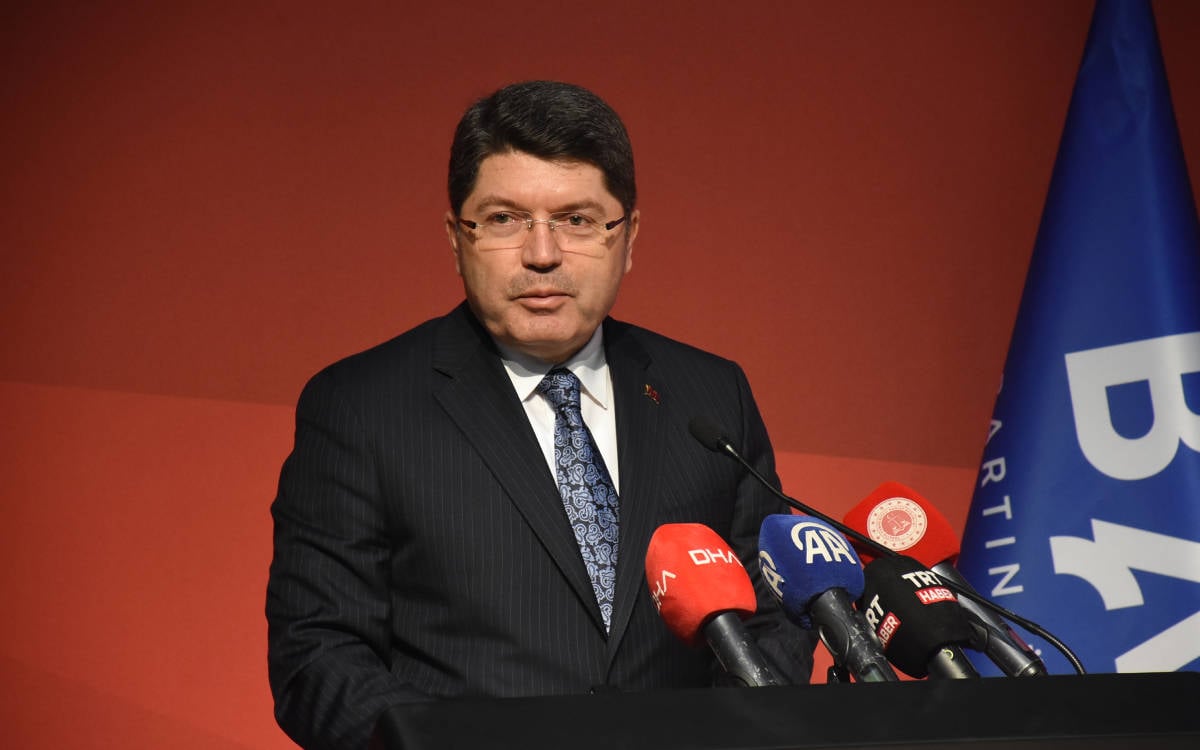President Recep Tayyip Erdoğan and his key ally Devlet Bahçeli, leader of the Nationalist Movement Party (MHP), have welcomed the Kurdistan Workers' Party (PKK) militant group’s announcement of disbanding, presenting it as a move that strengthens Turkey’s internal unity at a time of growing global conflict.
Speaking after a cabinet meeting late yesterday, Erdoğan described the PKK’s decision as “an important step for the security of our country, the peace of our region, and the eternal unity of our nation.”
The PKK announced its disbandment yesterday following a February call from its imprisoned leader Abdullah Öcalan as part of Turkey's new peace initiative.
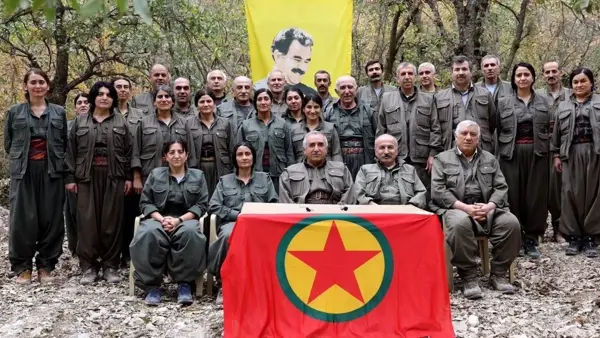
PKK declares disbandment, ending four-decade armed insurgency against Turkey
The president said the initiative, which the ruling bloc refers to as a push for a “terror-free Turkey,” was launched with the aim of "fortifying the domestic front," adding, “With terrorism and violence completely eliminated, a new era will begin in all areas, especially through strengthening the democratic capacity of politics. “The centuries-old schemes of imperialists will suffer a fatal blow. The bloody dagger driven into our brotherhood will, God willing, be removed forever.”
Bahçeli, in a written statement, also touched on the international aspect of Turkey's new peace initiative. “While the dark shadow of a chain reaction of wars and conflicts continues to dominate humanity and geographies, the rise of peace and stability in the Turkish Century represents a tremendous historical shift,” he said.
Bahçeli noted that both Öcalan and the pro-Kurdish DEM Party had “accurately and cautiously interpreted the risks and threats involved” in the current climate. He also thanked Öcalan, the PKK leadership, and the DEM Party for their roles in the process.
The new peace initiative, which began in October with Bahçeli’s proposal to offer Öcalan the “right to hope” in exchange for dissolving the PKK, has consistently invoked the idea of reinforcing national unity amid heightened global tensions. In an October statement, Erdoğan had warned, “a breach in our domestic front would render meaningless the struggle we are waging externally.”
After its wars in Gaza and Lebanon, Israel has shifted its focus to the Turkish-backed new Syrian administration, having conducted hundreds of airstrikes since the fall of the Baath regime in December.
At the same time, it has expressed interest in cooperating with the Kurdish-led autonomous administration in northeastern Syria. Some observers have interpreted Turkey’s unexpected revival of peace efforts as an attempt to prevent Kurdish factions from aligning with Israel.
Syrian Kurds
Following the PKK's dissolution, the response from the Kurdish-led administration in Syria remains unclear. While the group has stated that Öcalan's call only concerns the PKK and does not apply to them, the Turkish government sees this administration as an extension of the PKK and has demanded its dissolution and reintegration into the Syrian state.
Erdoğan reiterated this stance in yesterday's address, saying, “We consider the PKK’s decision to disarm as one that also includes its affiliates, particularly in Syria and Europe, along with northern Iraq.”
In his statement, Bahçeli emphasized the need to monitor any possible transfers of PKK militants to Syria. “It must be determined whether and how the disbanded PKK may transfer personnel to the PYD/YPG and how those movements can be controlled and coordinated,” he said. Though not elaborated, the comment appeared to suggest concerns over PKK fighters in northern Iraq relocating to Kurdish-held regions in Syria.
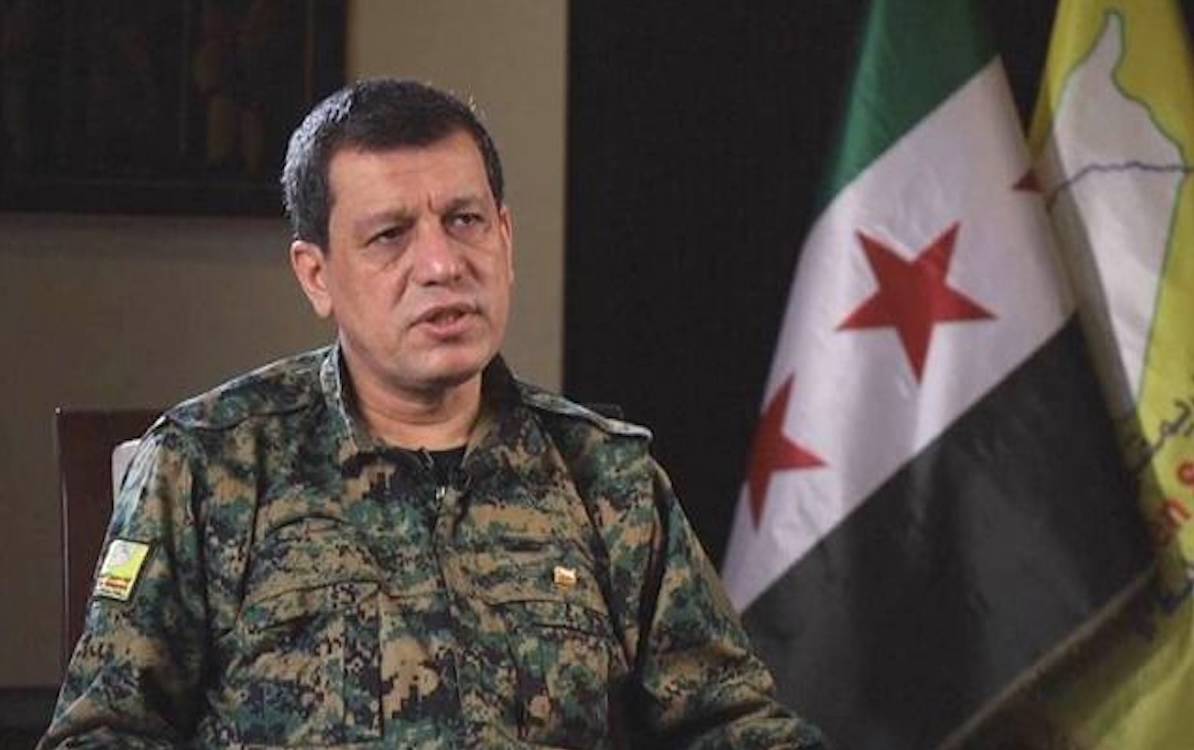
Syrian Kurdish leaders respond to Öcalan's call
(VK)





